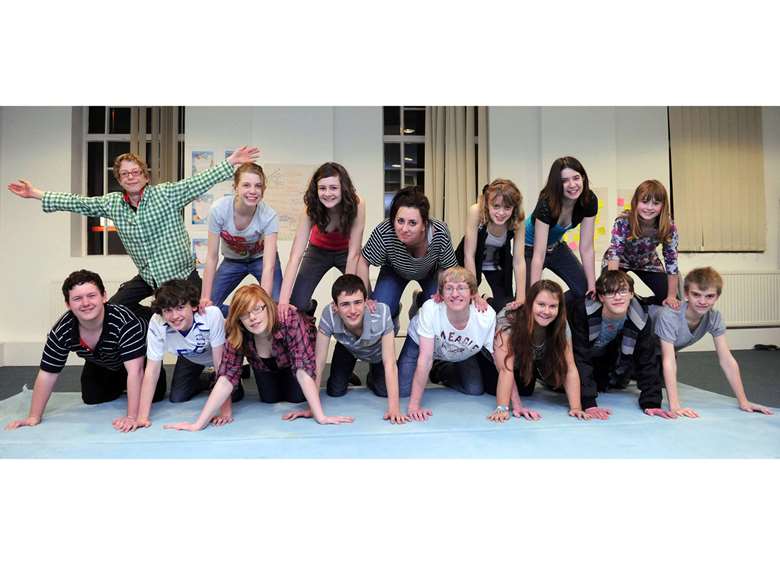Participation in Action: Deaf young people in bid to be heard by their peers
Janaki Mahadevan
Tuesday, July 10, 2012

For children and young people who are deaf, a lack of awareness from their peers and adults can lead to a sense of social isolation and severely damage their confidence.
In a campaign launched last month, children and young people from the National Deaf Children’s Society’s (NDCS) young people’s advisory board decided to make it their priority to help other teenagers understand how to communicate with their deaf peers.
From the initial idea through to the development of posters, films and lesson plans, the 15 young people aged 12 to 18 were at the centre of driving the campaign.
The Look, Smile, Chat campaign has been so successful that it earned itself a prize for the most “inspiring project” in the British Youth Council’s Youth on Board awards.
“I and the board are very proud of our work on NDCS’s campaign,” says 17-year-old Jake Oakes, who is classed as severely to profoundly deaf. “We felt deaf awareness was very important to us, as every day we as deaf people suffer from others’ lack of deaf awareness. Simple things such as communication and attitude towards deaf people frustrate us, and we wanted to change that.
“We hope that with the campaign, we give hearing people the confidence to approach deaf young people and to make an effort to include us in conversations.”
The board was established in March 2011 to help put young people’s views at the centre of the services that NDCS delivers, but also to provide young people with the opportunity to be ambassadors and challenge other organisations to do their best for deaf young people.
Lucy Read, NDCS’s head of children and youth participation, says: “There is a mix of young people ranging from those who can speak orally to those who sign and those who use a mixture of both. If we are going to be creating services for deaf children and young people, they should play a central role in directing what services we are offering.
“We also wanted to give them the opportunity to champion their views to other organisations, as quite often deaf children are left socially isolated.”
Developing skills
The youth board has been on four residentials over the course of a year to help them develop presentation skills, learn how to work as a team and how campaign and policy decisions are made.
Oakes adds: “It is important to have the young people’s advisory board for deaf young people, as the majority of the decision makers within society are hearing, and it is important to put across a strong deaf viewpoint and stand up for deaf young people on issues that will affect them.
“Being on the board has given me so much. I’ve learned about how to campaign and write, and built my confidence to stand up for myself and other deaf young people.”
“With my newfound skills, I really hope I can use them to improve not only the lives of deaf people, but for all young people.”
Visit www.buzz.org.uk/looksmilechat to find out more about the NDCS campaign.




